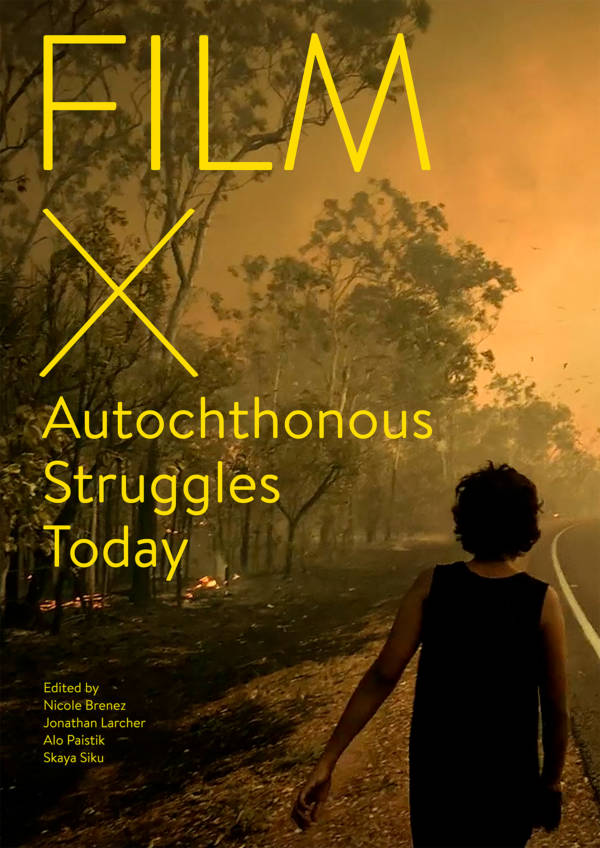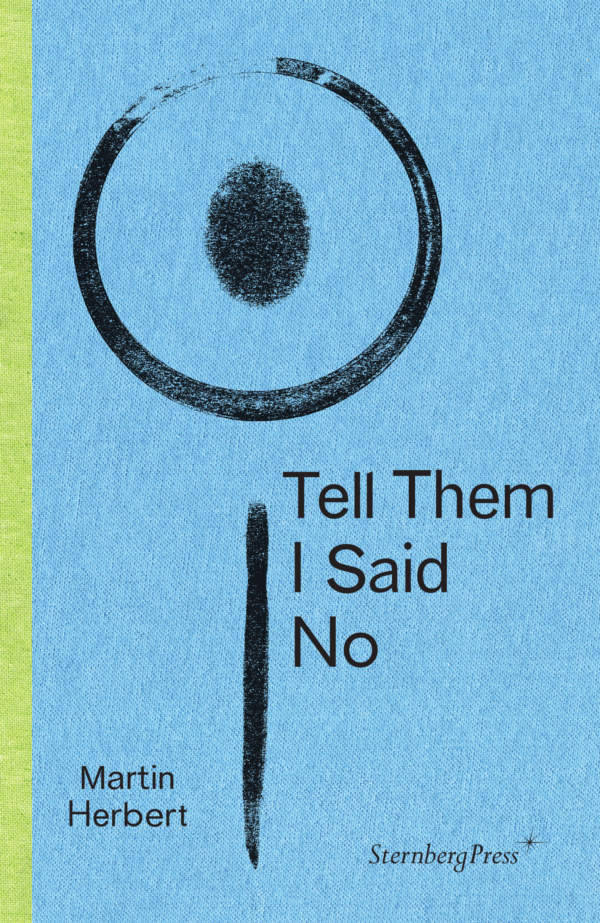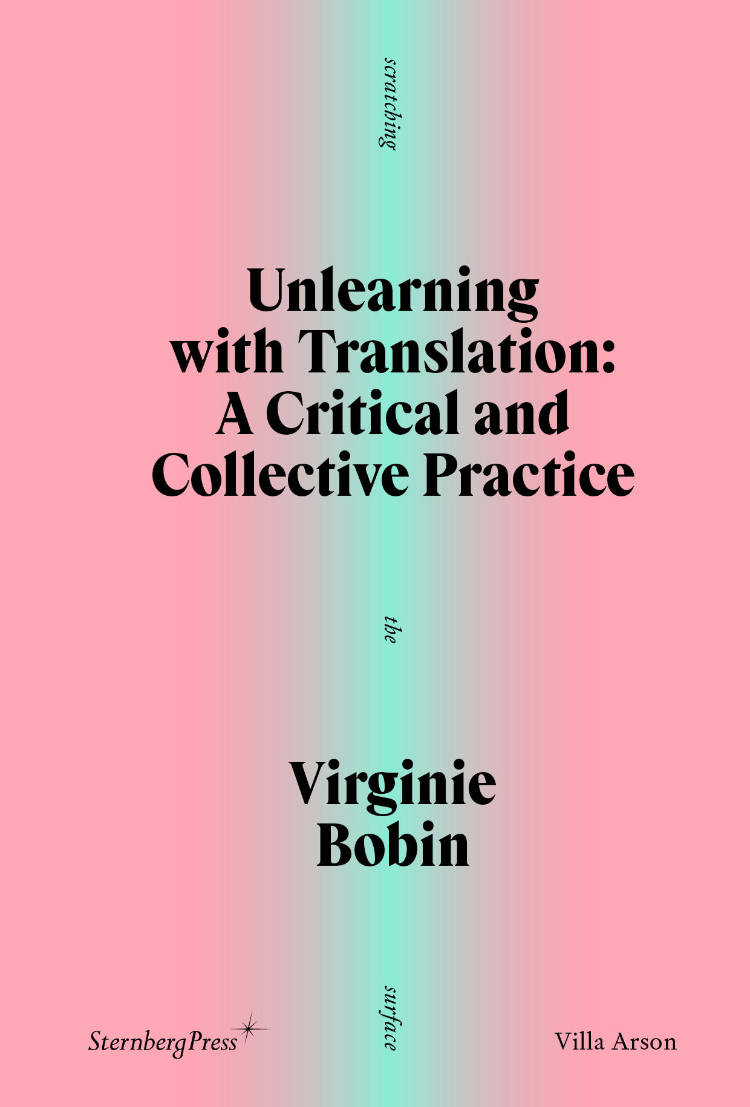
On the Benefits of Friendship
Isabelle Graw reflects on the purposes and struggles of friendship in competitive social milieus.
By focusing on her own social milieu—the art world—Graw demonstrates how friendships are neither totally disinterested nor reduceable to their use. Written in the intimate form of a fictional diary, this book laments useful friendships while praising true friendship in all its forms. For Graw, friendship is an existential necessity—if only because it points to how we relate to and depend on others. Friendship, she finds, is as important as the air we breathe—with it, we are able to fully live.
"On the Benefits of Friendship strangely calls to mind the fictional schoolboy-diary format Robert Walser staged to deliver his first novel. Aware of its own performance while successfully assuming its desired voice, Graw's diaristic story is a clever vehicle for social critique of utility friendships."
— Stephanie LaCava, author of I Fear My Pain Interests You
"Isabelle Graw has written the Elective Affinities for the twenty-first century, as a feminist novel and a dysfunctional family portrait set in the contemporary art world."
— Violaine Huisman, author of The Book of Mother
Isabelle Graw is Professor for Art Theory and Art History at Staatliche Hochschule für Bildende Künste (Städelschule), Frankfurt am Main, where she co-founded the Institute of Art Criticism. She is an art critic and co-founder ofTexte zur Kunst in Berlin.







